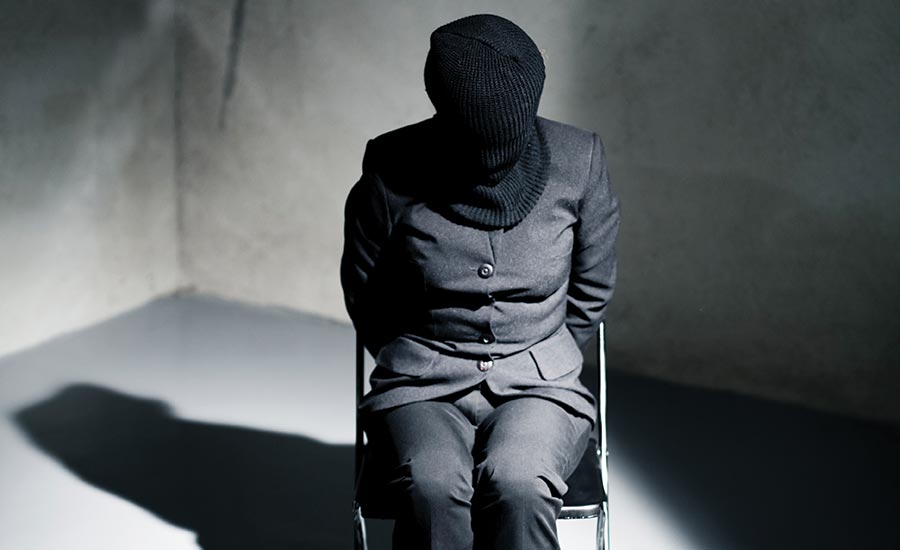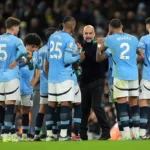The first wave of kidnapping for ransom in Nigeria was almost benign. A couple of Europeans or white South Africans would be kidnapped in the Niger Delta. They were for the most part technicians working for multinational oil companies. The Kidnappers would demand a $10 million ransom for their release. Negotiations will take place between the oil company, the home countries of the victims and the kidnappers and a “reasonable” reduced sum will be paid and the hostages released. The lesson learned was straightforward, if you really want to be rich and you have no access to State funds, become a criminal, kidnap a white man and the outcome is that you will be a millionaire in dollars. We the people of Nigeria looked on, almost seeing the issue as retribution for the crimes of imperialism.
The second wave was initiated through the agency of Boko Haram. It was much more far-reaching than the first. Maybe the turning point was 2013 and it was about a French family that lived in Yaoundé, where the family head, Tanguy Moulin-Fournier worked for the French gas group Suez, had been returning from a holiday in the Waza National Park in northern Cameroon when they were kidnapped by gunmen on motorbikes on 19 February. Mr. Moulin-Fournier, his wife Albane and four children, aged between five and 12, who had been joined on their holiday by his brother Cyril were all taken. Boko Haram released a YouTube video telling the world they had the hostages, demanding for the release of their prisoners in Cameroon and Nigeria and criticising the then French President, Francois Hollande for sending troops to fight Islamist militants in northern Mali in January 2013. Above all, they wanted money. France “never” pays hostage ransom but as it usually does, asked Cameroon to pay Boko Haram $3 million dollars on its behalf, (to be settled later), and got the family released. Thanks to the huge amount, Boko Haram bought a huge arsenal and launched its ambitious Caliphate expansion plan in 2013-2014. The money enabled them to become a real force that could confront the armies of the four Lake Chad Basin countries.
Boko Haram hostage taking however went far beyond the occasional big money kidnapping. The ransom they started taking through kidnapping become the soul of the Nation. During the night of 14th to 15th April 2014, 276 mostly Christian girls were abducted from their school in Chibok by Boko Haram terrorists. It was a message to Nigerians that they were determined to destroy access to education in the country. Many of the girls remain in captivity and over the period, they have been used as slaves, as pawns to extract money from the government and as hostages used as human shields by the terrorists. It is this depravity and human degradation of innocent persons by the terrorists that paved the way to the current insecurity destroying the country. Boko Haram also took other kids, mostly Muslims, trained them as terrorists and used them to boost their army.
Boko Haram used this capacity to blackmail the Nigerian State to demand and receive three million Euros in 2017 in addition to the release of some of their commanders arrested by the Nigerian Government. The deal was facilitated by the Swiss Government whose emissaries took a convoy of Land Cruisers down a dusty road near Nigeria’s border with Cameroon and delivered the cash and prisoners in an internationally negotiated settlement. The second wave was about the instrumental use of kidnapping to serve the interest of terrorism.
The third wave is about all of us. In about two-thirds of Nigeria’s land area today, people are afraid of being on the road or in their houses as kidnapping for ransom occurs all over the place. It has been democratised and is no longer an activity organised by sophisticated militant or terrorist groups. Thousands of young people have seen the opportunity and jumped on it – buy a Kalashnikov and you can kidnap your neighbor and demand ransom. It pays because families love their members and are ready to tax themselves heavily to pay the ransom. They pay because of fear of the consequences – murder of their relations, sexual violence and torture. The Zamfara State Governor says in his state alone, there are over 30,000 bandits/terrorists engaged in this dastardly activity.
The impact on the people is horrendous. Rural Nigeria and national highways have become very unsafe as rural banditry spreads. Farmers are selling all their assets — domestic animals and land to pay ransom. After the release of their relations, if they are not killed, they find they have nothing to live on. In many areas, insecurity is so widespread that people can no longer go to the farms for fear of being kidnapped. The bandits are now asking farmers to pay vast amounts of money for a guarantee that they will not be kidnapped on their farms. These are poor people with very little and often the choice they make is deadly – go to the farm and be killed or abandon the farm, go to the city and live in urban misery. Nigerian society is being dismantled and destroyed before our very eyes as the State has abdicated its responsibility to provide for our security and welfare.
The criminals, bandits and terrorists are responding to the impact of their nefarious activities by raising the stakes. People are giving up on their kidnapped relations and they are being killed for non-payment. Increasingly, the bandits are losing their “reputation” payment is no longer a guarantee you will get your relation back alive. To raise the scale of emotional blackmail, the criminals are now focused on kidnapping children and students, over 1,000 of whom are now in their hands. People who are giving up on their adults are ready to go the extra mile to raise money to pay for the release of their children. We are now close to the red line where families who have been victims of kidnapping will now encourage their children to get their own guns and kidnap others. That will be the end of the Nigerian State.
This week, the federal government declared that it has stopped negotiating with kidnappers of students because the bandits had been using parts of the ransom to equip and re-arm themselves and by implication, fueling insecurity in the country. The Minister of State for Education, Chukwuemeka Nwajiuba, made this known while speaking with newsmen at the end of the weekly virtual Federal Executive Council (FEC) meeting. He was responding to a recent viral video of some of the kidnapped students in Kaduna State, who were being tortured by kidnappers. The fact of the matter is all of us will pay up to get our children released if they are kidnapped and we can raise the money, knowing fully well that we are fueling the process. It is the State that has a responsibility to stop the kidnapping so that we do not have to pay up. I have not seen the State making kidnappers pay for their crimes so there is no surprise the crimes are increasing. The reality we face today is that either the States wakes up to its responsibility or the disintegration of Nigeria as a political community will be the outcome.

 Join Daily Trust WhatsApp Community For Quick Access To News and Happenings Around You.
Join Daily Trust WhatsApp Community For Quick Access To News and Happenings Around You.


